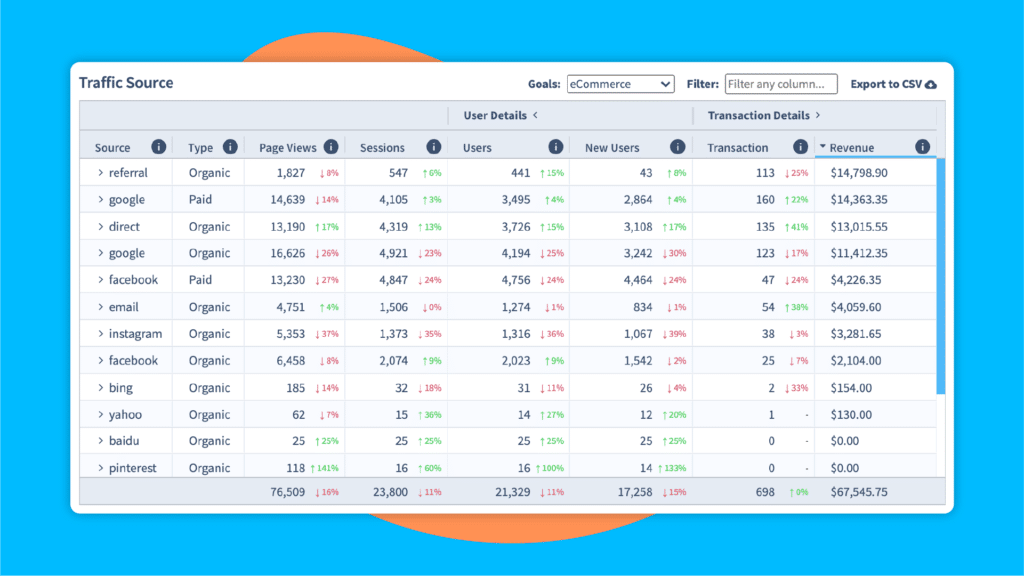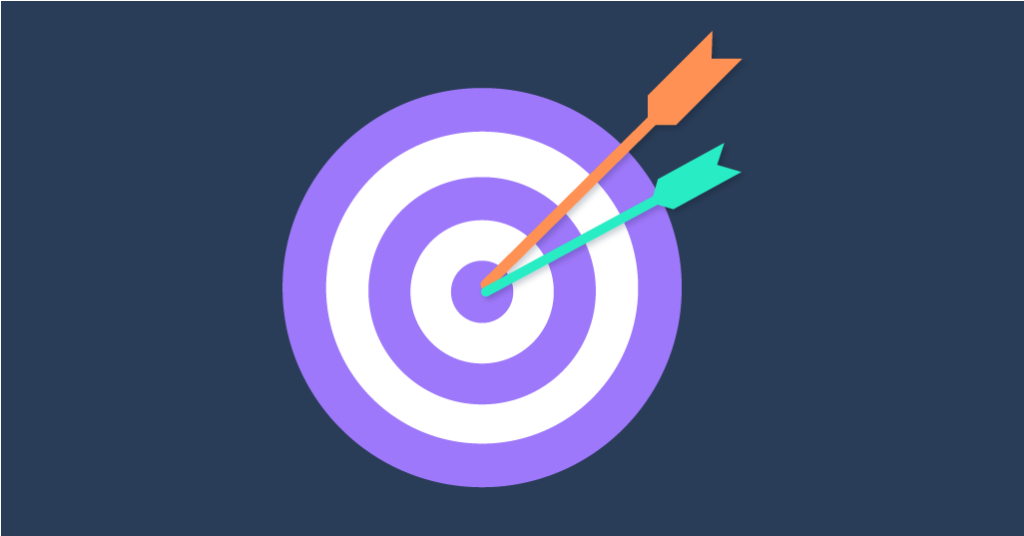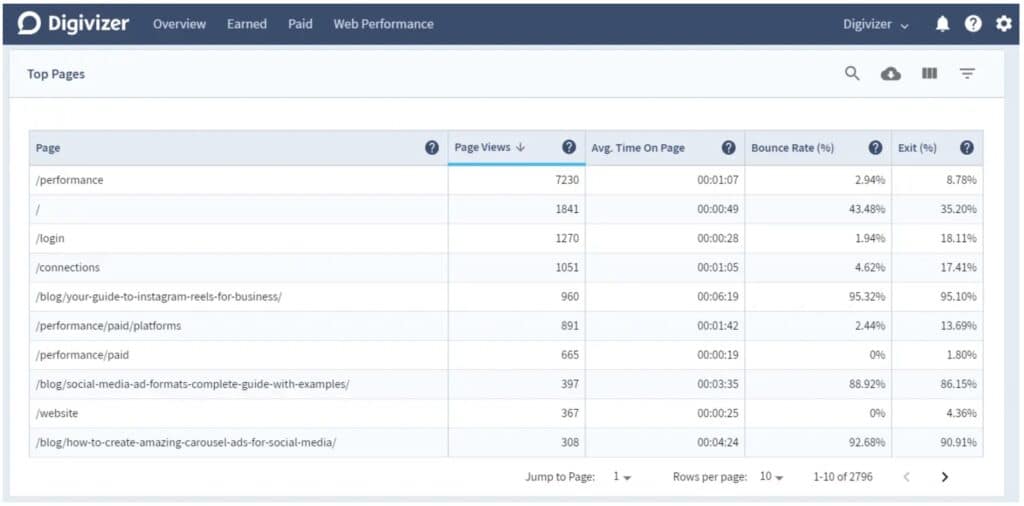Search engine marketing is an amazing tool for businesses with websites – especially organic search, which is free to do! Whether you’re just getting started, or you’re looking to upgrade your search marketing strategy and performance, there are quick ways to learn which content is performing the best, so you know where to focus your efforts.
Fuel up your search engine
The reason that search marketing is so good is that when prospective customers are searching for something via a search engine like Google or Bing (or Amazon’s search function!), they’re already in the consideration phase of the marketing funnel. They’re in the market, know what they want, and they’re considering whether you can give it to them.
Marketers can make the most of this customer behavior with paid search ads and organic search optimization.
In contrast to paid search, this post explains organic search: exploring what organic search content is, why you should be creating and tracking it, and how to measure its performance.
What is organic search content?
Organic search content refers to content on your website that can be found via a search engine results page (SERP) by typing in a term to a Search Engine like Google or Bing.

If you want to use search engine marketing as a tool in your business, you need to optimize your entire website in order to get search engines to list your web pages (usually called “indexing”), then rank them highly (ideally on page one).
Why measure organic search content performance?
If you don’t measure it, you can’t improve it. Investment in organic search content is a long-term strategy. By tracking the performance of your website content on search engine results pages, you can actively work to improve your website rankings, rather than trust that the algorithm will reward you.

The higher you rank on search engine results pages, the more likely customers are to see and visit your site. The more visitors on your website, the more leads or sales you win. Furthermore, the more visitors or potential customers to your site, the more data you collect to use for retargeting in paid marketing campaigns if you don’t get a sale the first time around.
How to measure success in organic search content
To learn what content performs best on search engines, watch your page views (simple!) and your search engine rankings for relevant keywords (complex but rewarding!). Generally traffic is your best indicator of success: this indicates how many people saw the search result and clicked on it and you want to increase this over time.
Make sure you’ve set up the necessary tools to track your performance.
- Set up your Google Analytics account (or equivalent account, such as Bing Webmaster Tools)
- Sign up for Search Console
- Then connect both to Digivizer to get access to a huge range of valuable metrics to improve your organic search content performance.
Page Views
Page views are an important indicator of your website content success and, obviously, you want more page views over time, especially on the right pages.
Navigating to “Top Pages” on Digivizer’s Web Performance page, you can see which web pages generate the most traffic, as well as how long people spend on the page and how quickly they leave (or “Bounce”).

By changing the date filter at the top of the page, you can see how this performance changes over time. Increasing page views means people are regularly visiting that page. Consistently low page views means a page might need some tweaking to become more attractive. If there’s a theme among your Top Pages – invest in creating more content of that kind.
Search Rankings and Search Engine Optimisation
Search rankings are where your web pages show up on SERPs when someone searches for something that is relevant to that web page. Search rankings are important for marketers and business owners to track, as they can show you exactly how customers are (or aren’t) finding you.
SEO (“search engine optimization”) is how you start improving your rankings. Here’s how to measure and understand your results.
On Digivizer’s Web Performance page, you can see which search queries (or “keywords”) are driving traffic to your website. You can sort the table by which queries drove the most impressions, clicks, or combine both to measure click-through rates (CTR).
You can also see the Search Ranking (Position) of a particular keyword, and importantly, the change in that position over time. Using the date filter, you can see which keywords are ranking the best for you, and which keywords are improving or dropping over time. Relevant keywords that:
- rank around 11 (the top of page 2 of Google’s search results) may be ideas for future content.
- are decreasing in rank may require fresh or refreshed content.
- are rising in rank, after you’ve made improvements, show that your efforts are working!
Optimize your content to rank well on search engines
Search engine optimization is a long-term strategy; it takes time to implement and for your efforts to materialise. It requires you to tweak and test all sorts of aspects on each web page to make it as attractive and relevant as possible for search engines and customers. But once you get it going, it’s investment that will keep delivering long into the future.
When it comes to setting and executing your marketing strategy, tools like Digivizer help you make decisions based on real data, not guesswork. That’s the key to getting the results you can trust and achieving your business goals.


